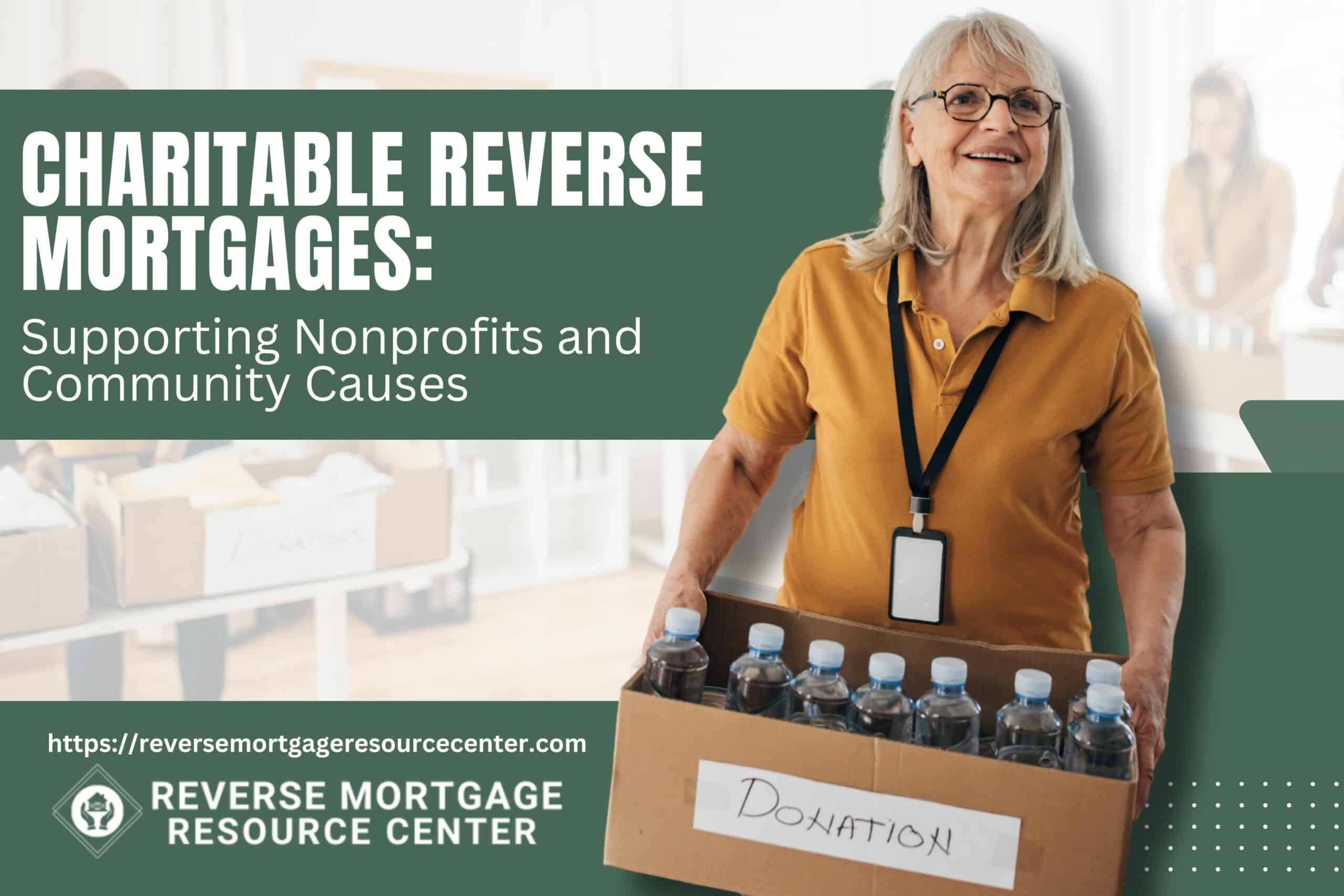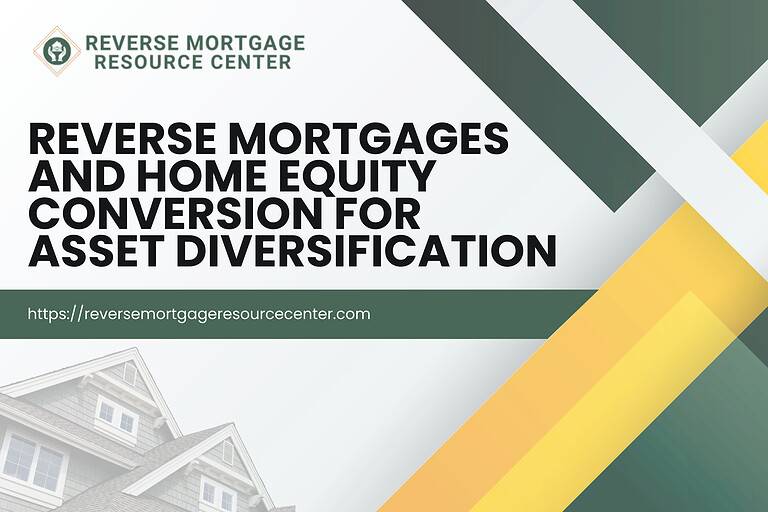Charitable Reverse Mortgages: Supporting Nonprofits and Community Causes
Retirement brings about a myriad of financial considerations for seniors, and finding innovative solutions to address these challenges becomes paramount. One such creative approach gaining traction in recent years is the concept of Charitable Reverse Mortgages. This unique strategy not only provides financial benefits for seniors but also serves as a powerful tool for supporting nonprofits and community causes. In this comprehensive exploration, we will delve into the concept of using reverse mortgages for charitable giving, showcase partnerships between seniors, reverse mortgages, and philanthropy, and address the legal and financial considerations when incorporating charitable giving into reverse mortgage planning.
Understanding Charitable Reverse Mortgages
A reverse mortgage, in its traditional form, allows seniors to convert a portion of the equity in their homes into readily accessible income tax-free funds. Typically used to supplement retirement income, cover healthcare costs, or fund home improvements, reverse mortgages offer a flexible financial solution for seniors. The innovation comes when seniors decide to leverage this financial tool for charitable purposes, giving rise to Charitable Reverse Mortgages.
How it Works
A Charitable Reverse Mortgage follows the same principle as a traditional reverse mortgage, with the added twist of allocating a percentage of the loan proceeds for donation to a charitable organization chosen by the senior homeowner. This approach not only supports seniors in need but also allows them to contribute to causes that hold personal significance.
Financial Flexibility
Seniors opting for Charitable Reverse Mortgages enjoy a heightened level of financial flexibility. By earmarking a portion of their loan for charitable donations, they can align their financial goals with their philanthropic aspirations. This innovative approach ensures that seniors can contribute to causes close to their hearts without compromising their own financial security.
Showcasing Partnerships: Seniors, Reverse Mortgages, and Philanthropy
Strengthening Community Bonds
Charitable Reverse Mortgages create a unique opportunity for seniors to play a vital role in supporting the community. By forming partnerships with reputable nonprofits, seniors can direct a portion of their reverse mortgage funds towards initiatives that align with their values. This collaborative approach not only strengthens community bonds but also allows seniors to leave a lasting legacy.
Tailored Philanthropy
Unlike traditional forms of charitable giving, Charitable Reverse Mortgages empower seniors to engage in tailored philanthropy. Seniors can choose causes that resonate with them on a personal level, ensuring that their financial contributions have a direct and meaningful impact on the issues that matter most to them. This personalized approach to philanthropy adds a layer of satisfaction and fulfillment to the financial strategy.
Building a Bridge Between Generations
This innovative approach also fosters intergenerational connections. Seniors can involve their families in the decision-making process, creating a shared sense of purpose and instilling philanthropic values in younger generations. The ripple effect of such partnerships extends beyond financial contributions, building a bridge between generations that goes beyond monetary support. It allows families to come together, share values, and collectively make a positive impact on their communities.
Legal and Financial Considerations
Compliance and Regulation
While the idea of Charitable Reverse Mortgages is compelling, it is crucial to navigate the legal landscape carefully. Seniors and their financial planners must ensure compliance with regulations governing both reverse mortgages and charitable giving. Seeking legal advice and working with financial professionals experienced in this intersection is paramount to a successful and legally sound strategy.
Tax Implications
Understanding the tax implications of Charitable Reverse Mortgages is fundamental. Donations made through this method may have specific tax advantages for seniors. Exploring these benefits with a tax advisor can help maximize the impact of the charitable contributions while optimizing the overall financial picture for seniors. The potential for tax savings adds another layer of financial attractiveness to this innovative approach.
Long-Term Financial Planning
Incorporating charitable giving into a reverse mortgage strategy necessitates a comprehensive long-term financial plan. Seniors must carefully balance their desire to contribute to charitable causes with their ongoing financial needs. Collaborating with financial planners who specialize in retirement and estate planning can help seniors strike the right balance and ensure the sustainability of their financial commitments. A well-thought-out plan ensures that seniors can continue supporting causes they care about without jeopardizing their financial security.
Estate Planning Considerations
Charitable Reverse Mortgages also have implications for estate planning. Seniors should consider how their charitable contributions through the reverse mortgage may impact their estate and the distribution of assets. Consulting with an estate planning attorney can provide valuable insights into how to structure these contributions to align with broader estate planning goals.
REVERSE MORTGAGE RESOURCE CENTER ~LIVE LIFE ON YOUR TERMS~
Our Lending Team has been serving our clients since 2004. We are passionate about serving our clients with integrity to help them achieve their financial goals.







